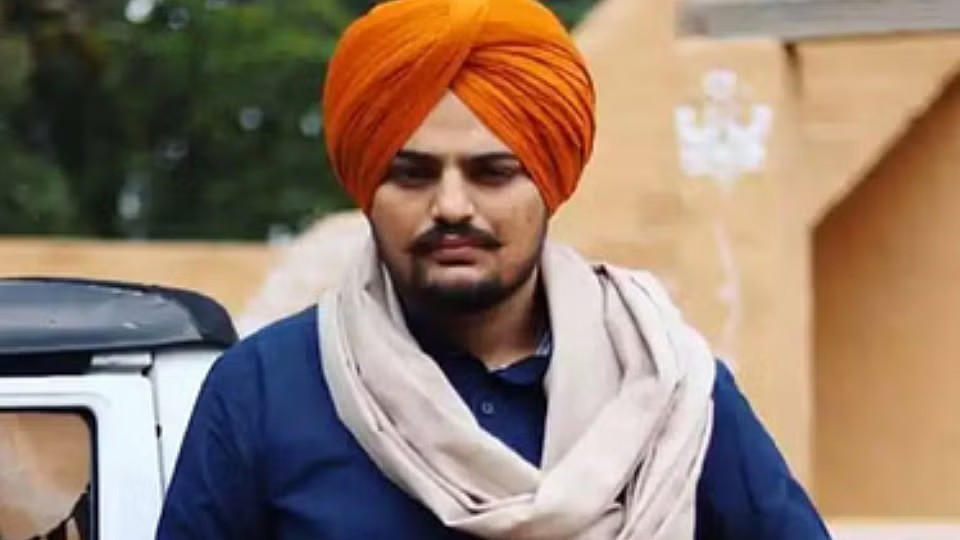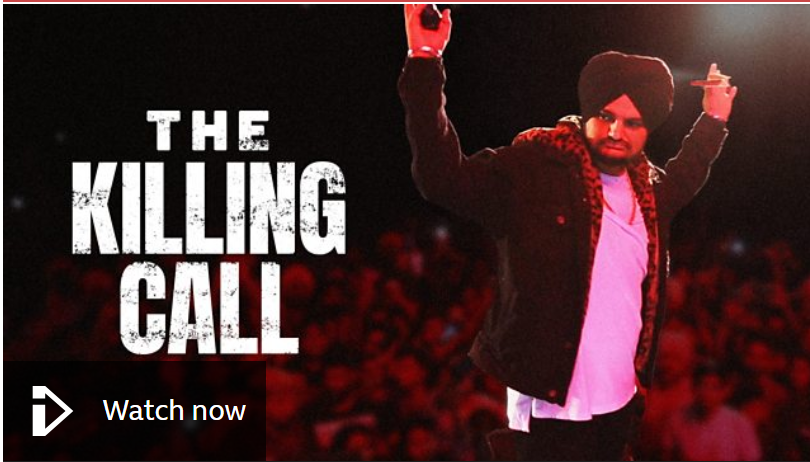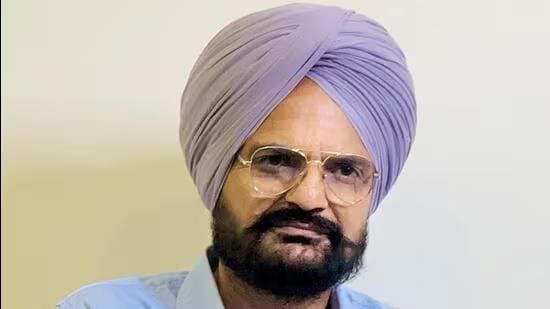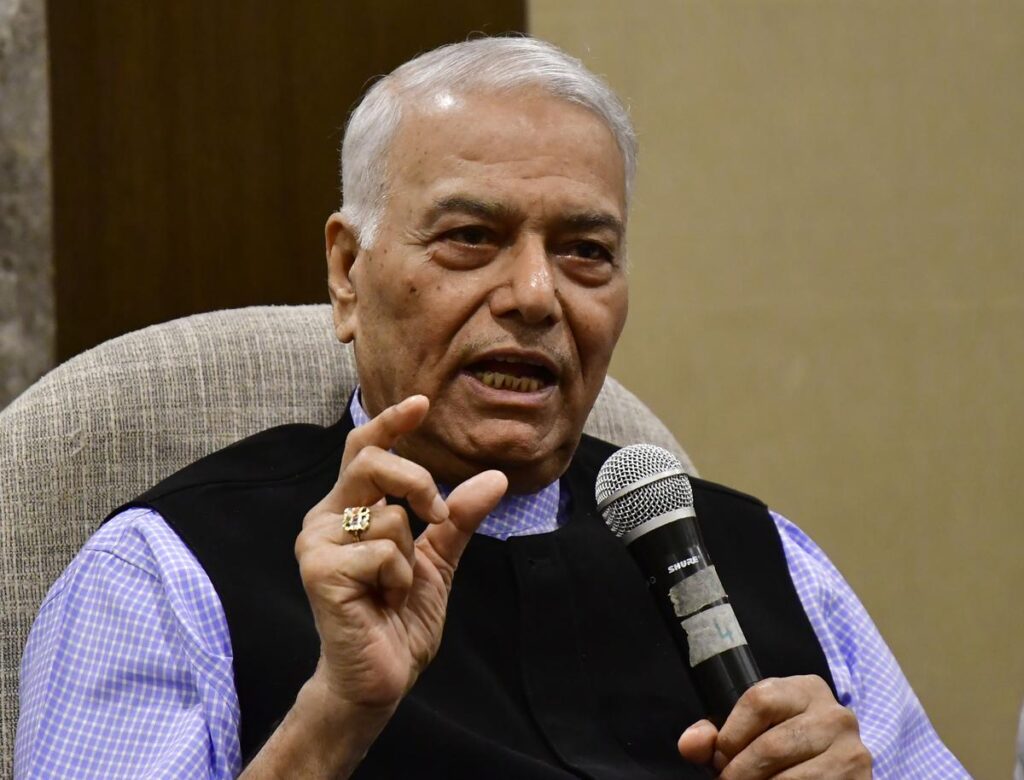Released Without Consent? BBC Faces Heat Over Moosewala Murder Documentary in Indian Court
The tragic murder of Punjabi singer Sidhu Moosewala continues to echo not only in music circles but now in legal and ethical debates. In a controversial turn of events, Moosewala’s father, Balkaur Singh, has taken legal action against the BBC and its team for releasing a documentary titled The Killing Call. The two-part series, released on June 11, has ignited massive public interest, sparking courtroom drama, emotional outrage, and legal scrutiny.
This article explores the legal petition filed by Moosewala’s family, the BBC’s defense, and the broader conversation around documentary ethics, free speech, and jurisdiction issues in India’s media landscape.
BBC Drops Moosewala Documentary Without Family Nod—Father Moves Mansa Court

On June 10, Balkaur Singh filed a civil suit in the Mansa civil court seeking a halt to the release of The Killing Call, BBC’s latest documentary on the life and murder of Sidhu Moosewala. Singh alleged that the BBC failed to obtain his consent and that the release could affect ongoing investigations and his family’s sentiments.
Despite this, the documentary was published on YouTube the very next day—Moosewala’s birth anniversary—drawing millions of views. Singh demanded a legal stay, claiming violation of privacy and emotional distress. The case named BBC World Service and journalists Ishleen Kaur and Ankur Jain as respondents.
In response, the BBC argued that the Mansa court lacks jurisdiction since the documentary was produced and released by BBC World Service UK, not its Indian counterpart. They also defended their work, stating that it used only publicly available sources and did not defame or interfere with legal matters.
Jurisdiction, Delay, and Drama: Courtroom Clash Over BBC’s ‘The Killing Call’

While the BBC was quick to respond with legal clarity, Balkaur Singh has failed twice to file a reply to their objections, most recently being granted time until July 21. His delays have led to growing frustration from both sides and raised questions about legal preparedness.
Meanwhile, the documentary features sensational elements like an on-record statement from gangster Goldy Brar, who claims responsibility for Moosewala’s assassination. This has only intensified public interest—and concern from the family.
The controversy reflects a deeper clash between free press and family rights. Is it ethical to release documentaries on sensitive issues without consent? Should legal trials influence content? The court’s verdict could shape future precedents around these issues.
Sidhu Moosewala’s legacy is once again at the center of a national conversation—not through his music, but through a documentary that has stirred emotions, challenged legal boundaries, and reignited debates on consent, journalism, and ethics. As the Mansa court weighs jurisdiction and intent, the outcome of this case could set the tone for how media entities engage with tragic personal stories in India.





















